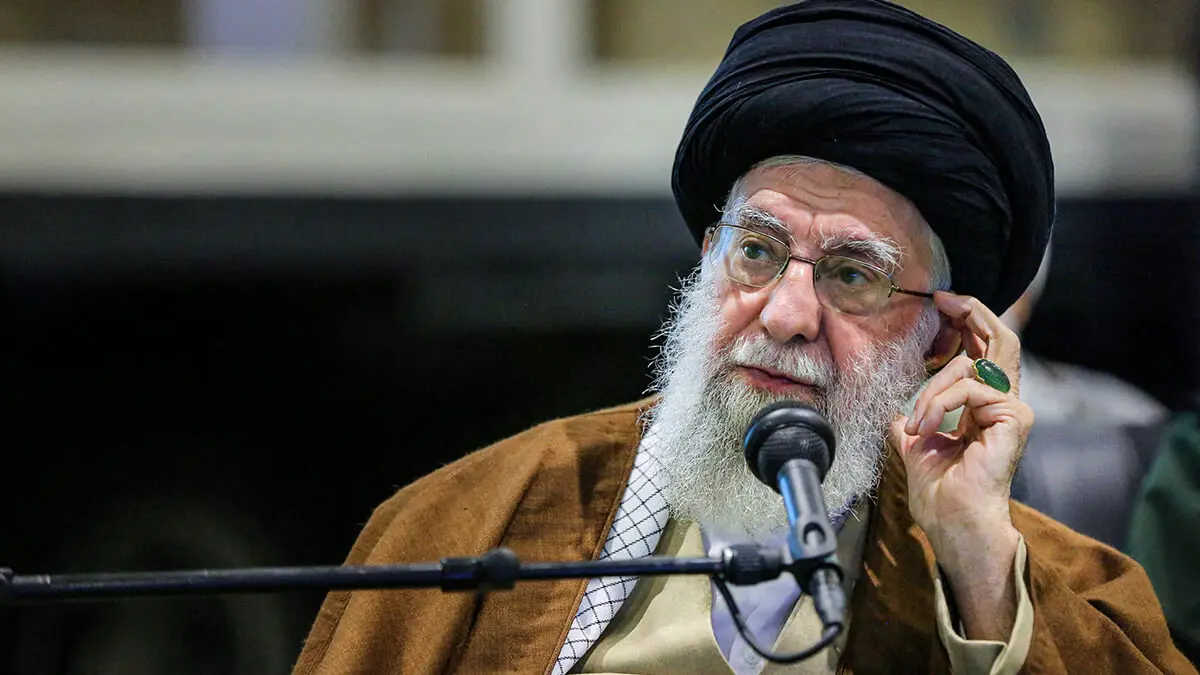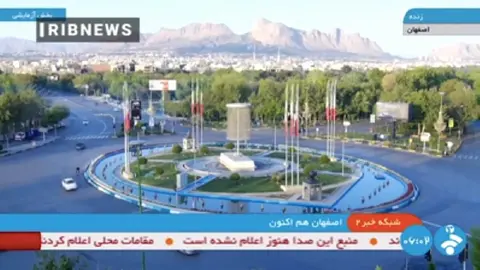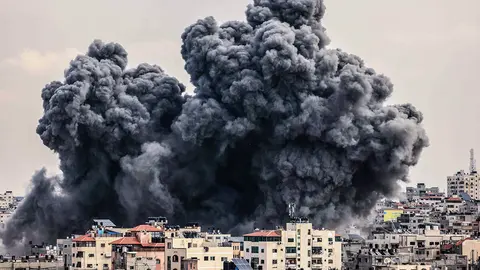Peace in the region and the world can only be established on the ruins of Iran's theocracy

Zahedi was the most important element in the regime's export of war and terrorism after Qasem Soleimani, who was killed by the US attack. Zahedi headed IRGC-affiliated groups in Syria, Iraq and Lebanon and was a permanent member of Hezbollah's command council in Lebanon. His death dealt a terrible blow to the morale of regime forces and forced the regime to take risks in Saturday night's operation, knowing that it could lead to an escalation of tensions.
Saturday night's attack was a turning point, because it showed that as long as this regime exists, no problem in the region will be solved. Based on medieval dogmas, Iran's theocracy cannot meet the economic, social or cultural needs of its advanced society of 90 million people. That is why, throughout its time in power, there has not been a moment when it has not been busy creating crises, wars and terrorism to camouflage repression within the country. As soon as this regime came to power, one of its leaders declared that if the hostage-taking at the American embassy had not taken place, they would have been overthrown.
Very accurate statistics from resistance units across Iran, commissioned by the main opposition force, the PMOI, have shown that, taking into account prisoners and soldiers forced to vote, only 8% of eligible voters participated. And this despite the fact that in many districts the blank vote came first or second. All this shows that this regime is fragile and that its social foundations are shrinking by the day. For this reason, the Iranian regime, seeing itself besieged by the 2022 uprising and its continuation, knew that its survival, as always, depended on creating wars in the region to ensure its survival and escape this siege, following the example of the hostage-taking at the US embassy.
Is this war manageable?
Although the Biden administration is trying to prevent tensions from escalating, the course of events in the war over the past few months shows that we are moving step by step towards a devastating war and that Biden's actions are not helping to prevent it. The reason for this is that the driving force behind the crises in the Middle East, and in particular the recent conflict and the resulting instability, stems from the fundamental problems of the Iranian regime.
The course of military events in recent months shows that, despite the wishes of the Iranian dictator, they inevitably point in the direction of Tehran. The best proof of this is Israel's attack on the mullahs' consulate and Iran's attack on Israeli soil. Jordan, despite the fact that more than 50 per cent of its population is Palestinian, has opened its skies so that the Iranian regime's drones can be shot down by Israel or Jordan itself. President Mahmoud Abbas, who has been fighting for years for the ideal of two independent Palestinian and Israeli states, declared: "The Iranians are hurting us more than Israeli extremists and obstructing Palestinian autonomy".
Peace in the region and the world
This turning point proves beyond doubt that peace in the Middle East and the world can only be achieved with the right approach to the Iranian theocracy. This means supporting the will of the Iranian people to establish a secular and democratic republic based on equality between men and women, and putting an end to forty years of policy of complacency towards this regime. It is imperative to put an end to the extortion and terrorism of this regime in all its forms. Otherwise, in addition to destabilising the region, the spread of this regime's fundamentalism and terrorism will increasingly affect Europe.
By Hamid Enayat, political scientist, Iran specialist, with the Democratic Opposition of Iran (DIOI).



